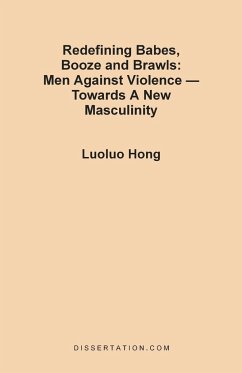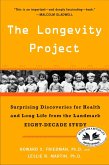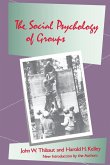Despite evidence that 90% of violent crimes are committed by men, higher education professionals and researchers still understand relatively little about the process by which male students acquire the attitudes, knowledge, values and skills which serve as deterrents to perpetrating violence against women and against other men. Men Against Violence is a peer advocacy organization at a large, public Research I institution in the South which focuses on the special and unique responsibility men have to end violence. Through participation in a wide array of service learning, community action and leadership opportunities, MAV members challenge cultural norms which link masculinity with violence. Types of violence targeted by MAV include: fighting, domestic violence, rape, vandalism, hazing, harassment, hate crimes, homicide and suicide. Utilizing a sociological, public health perspective that incorporates theories of masculinity and models of student development, this dissertation is a case study of the organization Men Against Violence. It examines the ways in which a close-knit association of men generated and sustained an organizational culture that encourages and rewards non- violence among its members, as well as begins to reframe traditional conceptions of masculinity. Subjects for this study consisted of the eight male students who comprised the 1997-1998 Executive Board of MAV. Primary research questions were: (1) What are the characteristics of an organizational culture of non-violence that is created and maintained among a close-knit group of male college students? (2) How can higher education professionals, particularly women, facilitate the process of creating such an organizational culture? Chapter 1 addresses methodological concerns in the dissertation; Chapters 2 and 3 review current literature regarding men and campus violence; Chapter 4 provides a historical narrative of the founding and development of MAV; Chapter 5 presents cultural themes which emerged during content analysis of data from ethnographic interviews and participant- observation; and Chapter 6 offers theoretical and practical implications of the study.
Hinweis: Dieser Artikel kann nur an eine deutsche Lieferadresse ausgeliefert werden.
Hinweis: Dieser Artikel kann nur an eine deutsche Lieferadresse ausgeliefert werden.








